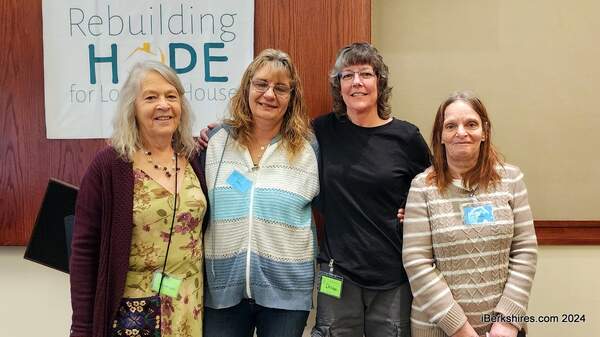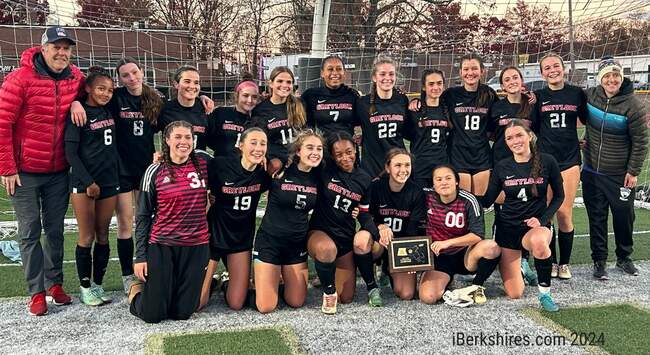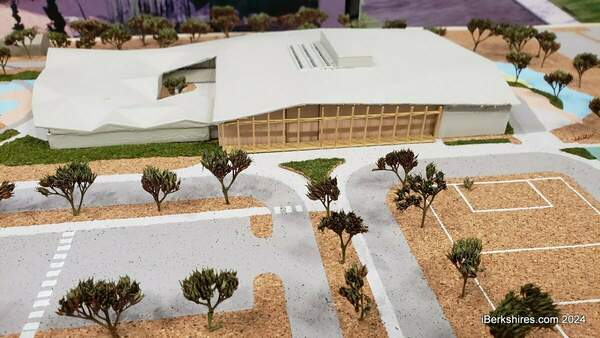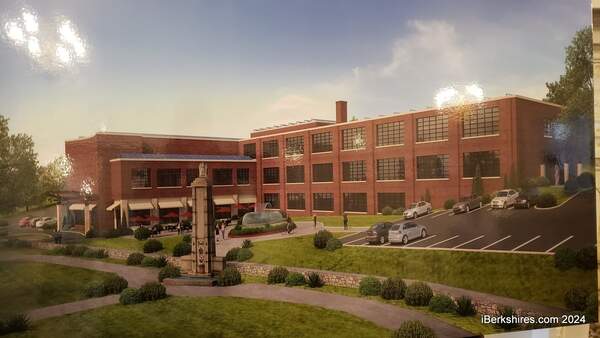Baker Signs $4B Federal COVID-19 Relief Spending Bill
BOSTON — Gov. Charlie Baker on Monday signed a $4 billion spending plan that will put to work a portion of the state's direct federal aid from the American Rescue Plan Act.
It includes support for continued recovery across key priority areas, making substantial investments in housing and homeownership, healthcare, workforce development, premium pay for essential workers and infrastructure. The governor vetoed language in seven line items that he said would cause delays in putting funds to use and signed 86 of 88 outside sections.
He returned one outside section to the Legislature with proposed amendments and vetoed one outside section -- the requirement that the $500 million COVID-19 Essential Employee Premium Pay Fund consult with a 28-member panel on program design. The governor and Legislature had been at odds over this requirement. Baker says the veto will allow more immediate payments to frontline workers.
"The pandemic has had a significant impact on Massachusetts workers, families, communities, and businesses for nearly two years, and today's signing directs billions of dollars in relief toward those hardest hit across the Commonwealth," the governor said in a statement. "While this package falls far short of the investment I called for to address the housing shortage, the important investments included in this bill will help to accelerate Massachusetts' economic recovery and provide long-lasting benefits to infrastructure, healthcare, education systems, and small businesses."
The bill authorizes up to $2.55 billion in spending from the $5.286 billion ARPA Coronavirus State Fiscal Recovery Funds provided to Massachusetts in May 2021. This direct federal aid is intended to support urgent COVID-19 response efforts, replace lost revenue, support immediate economic stabilization for households and businesses, and address unequal public health and economic challenges in Massachusetts cities and towns. After accounting for spending in this bill and previously announced commitments, approximately $2.3 billion of the Coronavirus State Fiscal Recovery Funds will remain to be further appropriated.
Coupled with the authorized ARPA dollars, $1.45 billion in spending is appropriated from the Transitional Escrow Fund, made up of state fiscal 2021 surplus funds. The bill assigns the secretary of administration and finance the responsibility of matching expenditures to the most appropriate funding source, which provides important flexibility in recognition of the significant federal rules and regulations associated with federal funds.
"The funding allocated in this bill addresses critical areas of need across the commonwealth, from addiction services to housing availability to environmental infrastructure," said Lt. Gov. Karyn Polito. "This relief will play a crucial role in the ongoing recovery of our residents and communities, especially those disproportionately impacted by COVID-19, and we are eager to put it to work."
Highlights of the plan include:
Housing
-
$150 million to finance the statewide production of housing for various populations, including seniors and veterans;
-
$150 million for public housing maintenance;
-
$115 million for rental housing production and to provide increased housing options to residents of disproportionately impacted communities;
-
$115 million to support housing production in disproportionately impacted communities through MassHousing's CommonWealth Builder Program and similar efforts;
-
$65 million to support expanded homeownership opportunities, focused on first-time homebuyers who are residents of disproportionately impacted communities.
Health Care
-
$400 million for addiction treatment and related behavioral health services, workforce, and infrastructure;
-
$260 million for fiscally stressed hospitals in disproportionately impacted municipalities;
-
$200 million for local and regional public health, including local boards of health staffing, technology, and training;
-
$50 million for workforce retention and capital improvements at nursing facilities and $30 million to support loan repayment, retention, and recruitment programs for human service workers;
-
$37.5 million for grants to reduce juvenile delinquency, youth homelessness, and summer jobs.
Workforce Development
-
$500 million to support the Unemployment Compensation Trust Fund;
-
$500 million for premium pay for low-income essential workers;
-
$107.5 million for workforce and career technical skills training;
-
$24.5 million for workforce development and capital grants to YMCAs and Boys & Girls clubs.
Economic Development
-
$135 million to support cultural facilities and tourism assets throughout Massachusetts;
-
$75 million for grants to small businesses, $50 million of which will go to businesses reaching underserved markets and minority, women, and veteran-owned businesses and $25 million will be reserved for small businesses that did not qualify for prior programs.
Infrastructure Investment
-
$100 million to fund grants for water and sewer infrastructure improvements;
-
$100 million to improve culverts, dams, and other environmental infrastructure;
-
$90 million for marine port development;
-
$50 million to close the digital divide and increase broadband internet access;
-
$44.8 million for food security;
-
$25 million for greening gateway cities.
Education
-
$105 million for a variety of education supports, including recovery grants to state universities and community colleges, workforce support for special education schools, and support for recruiting educators of color;
-
$100 million for public school district HVAC grants;
-
$100 million for capital grants to vocational high schools and career technical education programs.
Of the 86 outside sections signed, one excludes federal Paycheck Protection Program loans, Economic Injury Disaster Loan advances, Shuttered Venue Operators grants, Restaurant Revitalization Fund grants, and Small Business Administration loans from taxable income for individual taxpayers for all applicable tax years, creating parity with corporate taxpayers.
Tags: ARPA,















